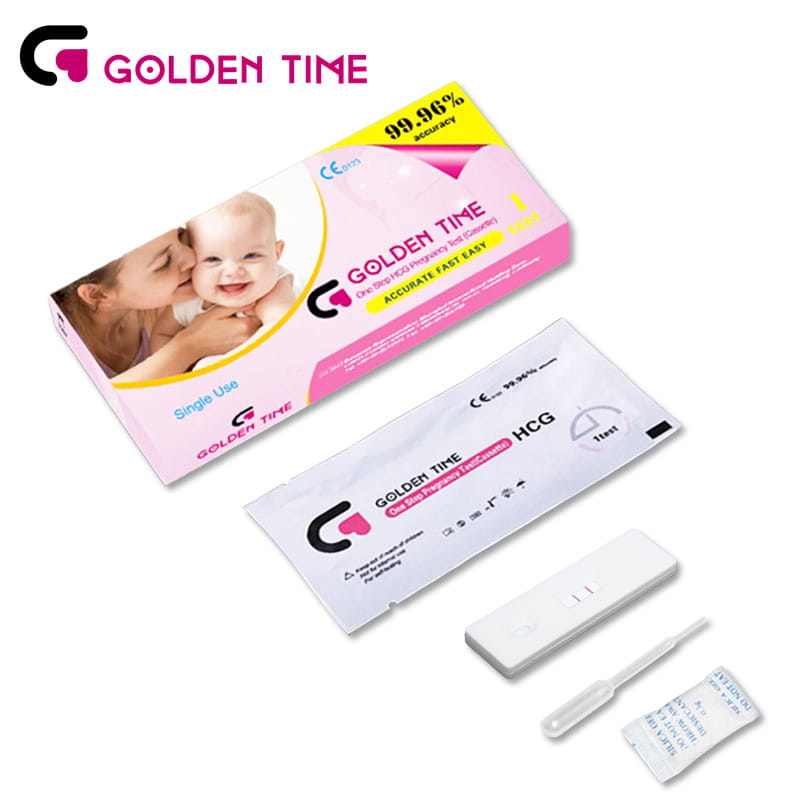Nov . 09, 2024 14:18 Back to list
Purchase Hepatitis C Antibody Testing Kits for Accurate Diagnosis and Monitoring
Understanding the Hepatitis C Antibody Test A Guide to Buy and Use
Hepatitis C is a liver infection caused by the hepatitis C virus (HCV) that can lead to serious health complications if left untreated. With millions of people worldwide affected by this condition, early detection is crucial for effective management and treatment. One of the primary tools for diagnosing hepatitis C is the hepatitis C antibody (HCV Ab) test. This article will provide an overview of the HCV antibody test, its significance, and how you can purchase and use it effectively.
What is the Hepatitis C Antibody Test?
The hepatitis C antibody test is a blood test that checks for the presence of antibodies to the hepatitis C virus. When a person is infected with HCV, their immune system produces antibodies as a response. The test does not directly detect the virus but rather identifies these antibodies, which indicates that a person has been exposed to the virus at some point.
There are two main types of HCV antibody tests the initial screening test, which is usually an enzyme immunoassay (EIA), and a confirmatory test, called a recombinant immunoblot assay (RIBA). A positive result on the screening test suggests further testing may be necessary to determine if the infection is current, such as by using a polymerase chain reaction (PCR) test to detect viral RNA.
Why is the Hepatitis C Antibody Test Important?
Testing for hepatitis C is vital for several reasons
1. Early Detection Early diagnosis can prevent serious liver damage, as chronic hepatitis C can lead to cirrhosis, liver cancer, and even liver failure.
2. Treatment Options With the advancement of antiviral medications, hepatitis C is now often curable. The sooner individuals know their status, the sooner they can start treatment.
3. Preventing Spread Knowing one's hepatitis C status helps in taking measures to prevent transmission to others, especially for those involved in high-risk activities.
Purchasing the Hepatitis C Antibody Test
When looking to buy a hepatitis C antibody test, several options are available
buy hepatitis c ab test

1. At-Home Testing Kits Many companies offer reliable at-home hepatitis C testing kits that can be purchased online. These kits usually include all necessary materials to collect a blood sample, which is then sent to a laboratory for analysis. This option provides privacy and convenience, allowing individuals to get tested without visiting a clinic.
2. Laboratory Services You can also request the HCV Ab test through your healthcare provider or at local laboratories. Often, health insurance covers the cost of the test if it’s deemed medically necessary.
3. Public Health Clinics Many public health organizations offer free or low-cost hepatitis C testing. This is an excellent option for those who may have financial constraints.
How to Use the Test
If you choose to use an at-home testing kit, here are a few steps to follow
1. Read Instructions Carefully read the instructions provided with the kit. Each kit may have specific guidelines for sample collection and preparation.
2. Collect Sample Follow the protocol to collect your blood sample. This is typically done through a finger-prick method.
3. Send for Testing Properly package your sample and send it to the designated lab as per the instructions provided.
4. Await Results Results are usually available within a few days to a couple of weeks, depending on the service used. You may receive an email or call with your results, or you might be required to log into a website to view results.
5. Follow-Up If the test is positive, it is essential to consult a healthcare professional for further testing and discussion regarding treatment options.
Conclusion
The hepatitis C antibody test is an essential tool in the fight against hepatitis C infection. Understanding how to access and use this test can empower individuals to take charge of their health, prevent the spread of the virus, and ensure timely intervention. If you suspect exposure to hepatitis C or fall into high-risk categories, consider getting tested today.
-
Accurate Cocaine (Coc) Rapid Test Kit | Fast & Reliable Detection
NewsJul.31,2025
-
Accurate HCG Pregnancy Test Strips | Fast Home Use Kit
NewsJul.31,2025
-
Reliable Early Pregnancy Test Kit Supplier - Multi Plastic Cassette Options
NewsJul.30,2025
-
Transferrin Rapid Test Cassette – Reliable Tumor Marker Detection
NewsJul.29,2025
-
Accurate Follicle Stimulating Hormone Test Kit | Rapid Reliable Results
NewsJul.29,2025
-
High Accuracy LH Ovulation Test Kit - Digital Results & Wholesale Options
NewsJul.29,2025

